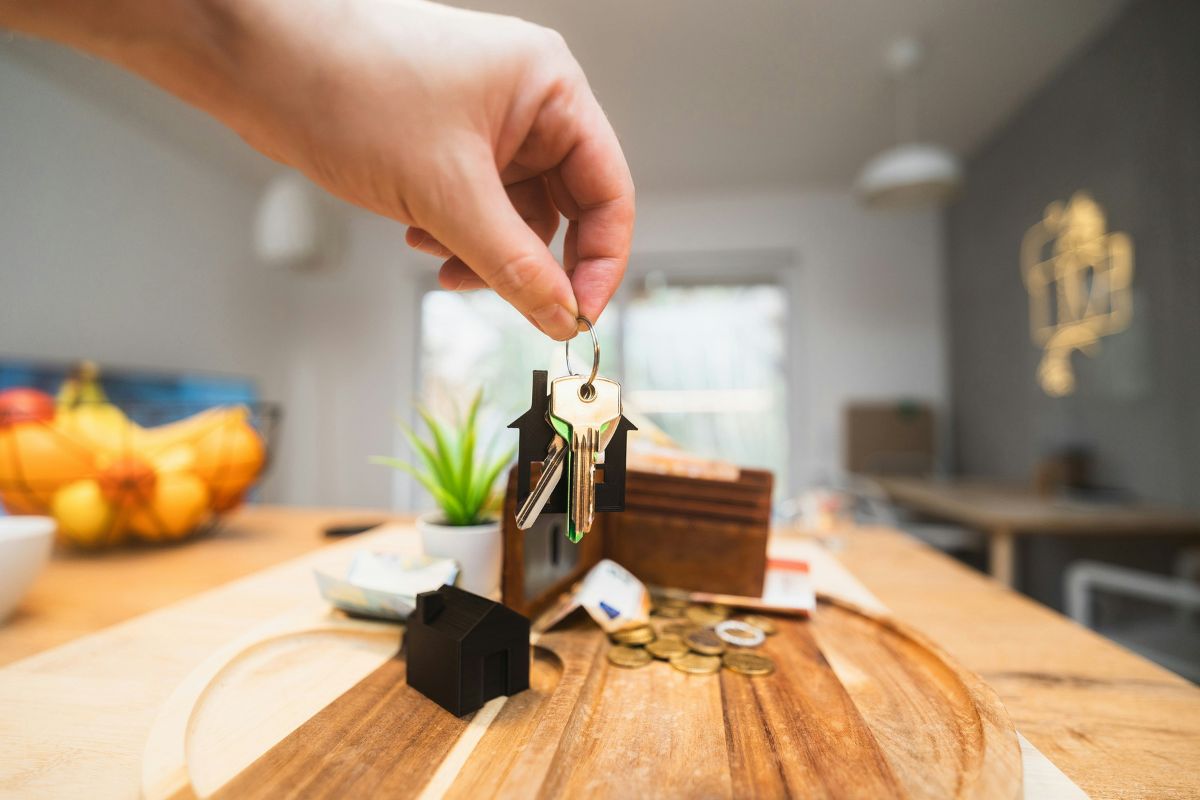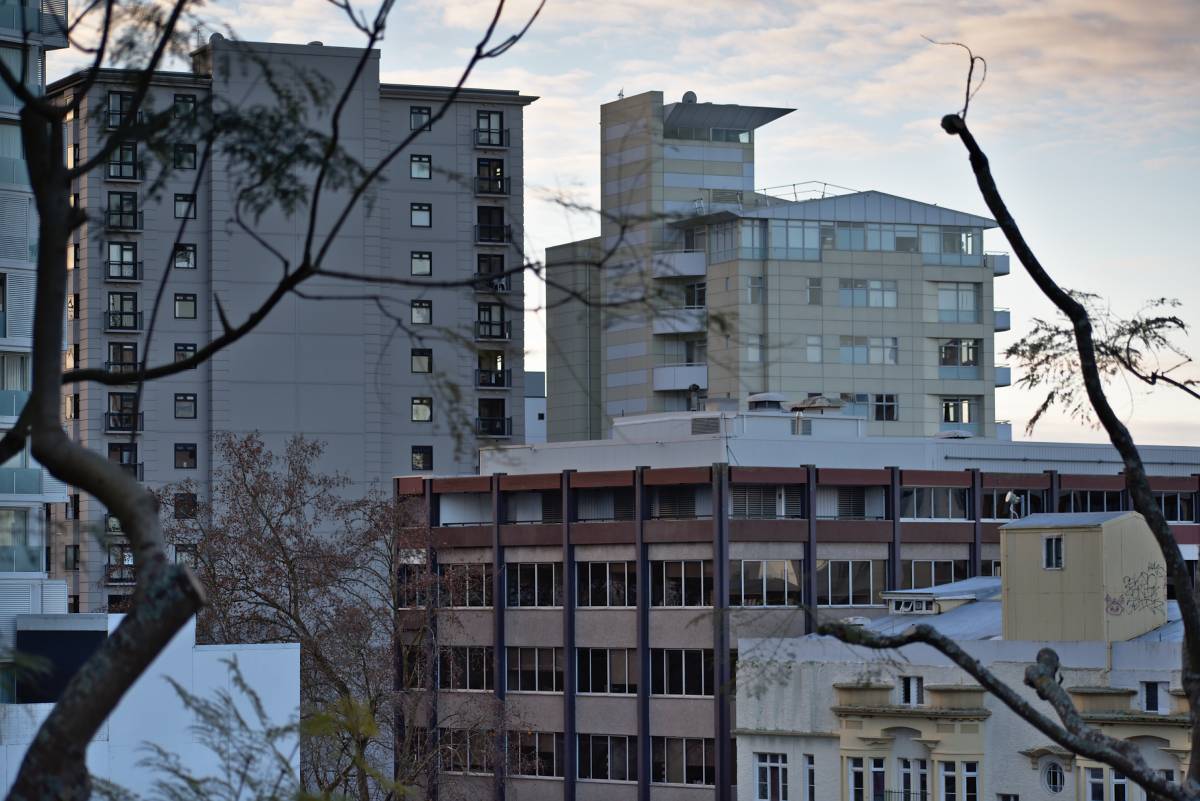Is Paying Off Your Mortgage First the Right Decision
Many Aussies have a mortgage mindset. They want to borrow money for their forever home and then set about paying down the debt as quickly as they can.
Often, that means prioritising putting all their money into their mortgage rather than investing it elsewhere.
They might figure that once their house is paid off, they can look at picking up some investment properties later in life.
What they don’t realise, however, is that investment properties can turbocharge your wealth and actually allow you to pay your own home off much faster.
The perfect example
B.Invested founder Nathan Birch often says that if he prioritised paying off one property before investing in another, he wouldn’t have been able to get past 3 or 4 properties in his portfolio.
Instead, he has accumulated more than 220 properties and used the wealth to build his dream home in the middle of his investment journey, without having to mortgage himself to the hilt and slave away working for someone else to pay it off.
He did so by leveraging equity gained on his investment properties to buy into new opportunities, in markets where rental income exceeded his interest payments on loans.
Essentially, the properties pay their own monthly costs, while giving Nathan access to their long term value growth and a rental income that increases with inflation while his debt either remains the same or decreases.
Debt reduction v investment
Just because you are prioritising investment, it doesn’t mean you can’t also reduce your debt.
Not all debt is created equal. Bad debt, like on credit cards or personal loans, should be cleared immediately and preferably not accumulated in the first place. Good debt, such as a loan on a positively geared investment property, can open the door to significant future wealth.
Buying a positively geared investment property actually means you have more money at your disposal each week that you could use to pay down an existing mortgage or redirect to other assets.
Debt reduction is still important, but think about how to do it best. You might spend 10 years acquiring assets and the next 10 years paying them down, or selling some to pay off others. You might seek to pay off your own home before clearing the debt on your investments, but that will be a lot easier to do if you have 10 investment properties that have doubled in value since you bought them.
Compounded opportunity costs
The price of delaying your investment can be twice as costly if market values grow.
Say you were looking at an investment property worth $300,000 and decided to wait and one year later, the property has had 10% growth. This means that you are $30,000 worse off if you decide to buy it now, plus another $30,000 worse off in the equity you could have had if you bought it a year earlier.
That equity may have helped you get a deposit on another $300,000 property that then would have given you access to the equity it will earn over the next year. All the while, you have sat with cash in your bank account, which depreciates in value every day thanks to inflation.
Reduced interest and tax implications
Paying interest only on an investment loan not only boosts positive gearing, but it means that everything you pay on that asset is tax deductible.
Of course, the tax man will always get his slice of the pie, so it’s important to consider what you’re up against. The rental income you earn will be taxable income and the properties you purchase will require upfront stamp duty, which can be price prohibitive, and land tax. So it’s important to make sure the income the property generates is able to cover such costs.
The other way they will get you is through capital gains tax (CGT), but that’s only if you sell your assets. By using equity and rental income to buy and pay off your assets, you can avoid having to sell and hopefully end up with an unencumbered portfolio that generates income and further value growth and can then be passed on to future generations.



